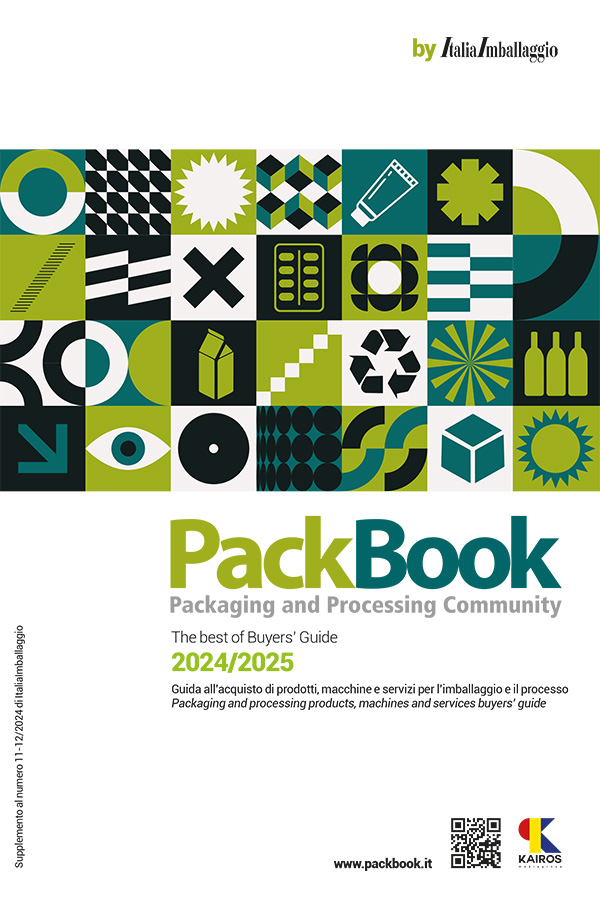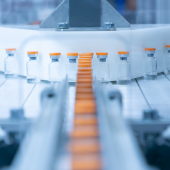The quality of Aliplast processes recognized and certified
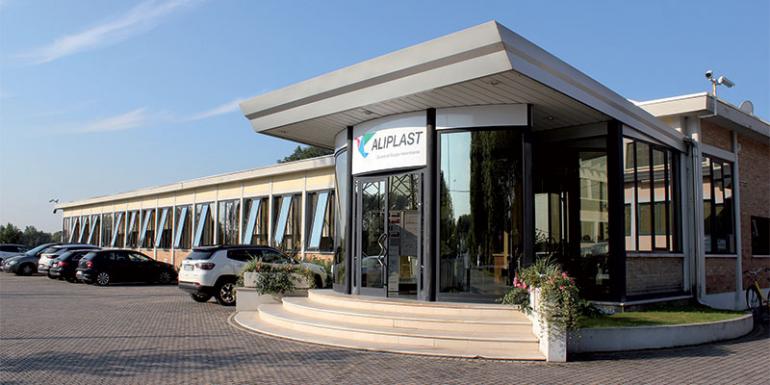
To guarantee the recycling and remanufacturing process of post-consumer plastic materials, Aliplast (company part of Herambiente group, leader in the collection, recycling and regeneration of plastic) has obtained Eucertplast certification, in addition to ISO certifications on food safety and environmental impact assessments throughout the life cycle of a product.
Recognized in Europe, Eucertplast has a double value for Aliplast, which with its activities covers both the recycling phase and the converting of plastics and can thus offer a concrete added value to its business partners. The company also has a portfolio of certifications covering other areas, including food safety and environmental impact assessment throughout the lifecycle of a product.
Eucertplast, the European standard on recycling and remanufacturing
For the business customer, recycled plastic is often the most sustainable and cost-effective solution: on the one hand it offers a quality equivalent to virgin material, on the other hand it has a significantly lower impact on the environment. Being able to offer guarantees of origin, while at the same time certifying the traceability of processes, is therefore essential to make reliable statements about their use. Eucertplast therefore represents an additional protection for Aliplast’s partners, who have the certainty of purchasing materials derived from high quality post-consumer plastics, processed according to the strict European standards. Obtaining Eucertplast certification is the last step of a process that is still in progress, aimed at guaranteeing the customer the quality of the products and processes necessary to manufacture them.
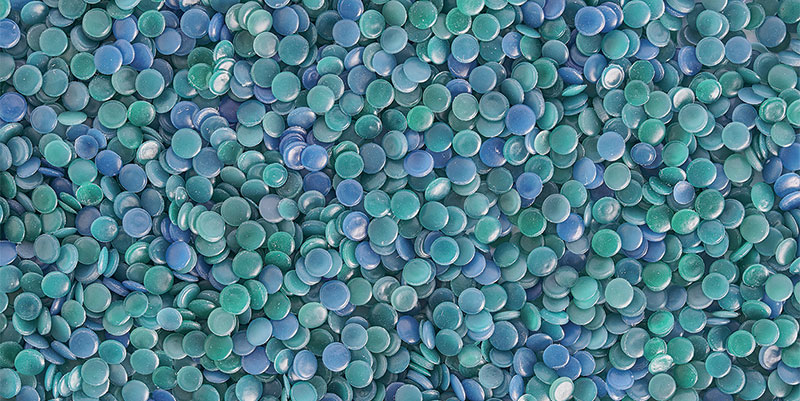
ISO certifications for safety, also in the food sector
Since its foundation, Aliplast has invested resources to comply with different European standards. Today the company complies with ISO 9001, ISO 14001 and, as far as PET sheets are concerned, also with ISO 22000. The latter, in particular, is an international standard applied on a voluntary basis, which regulates the rules to be followed in terms of food safety and defines risks and methods of control of critical points.
In this regard, EFSA (European Food Safety Authority) has expressed a positive opinion on Aliplast regeneration processes applied to PET for direct food contact; in particular it has certified that they guarantee the suitability of regenerated polymers, whether granules or flakes, for direct food contact on the basis of current European legislation.
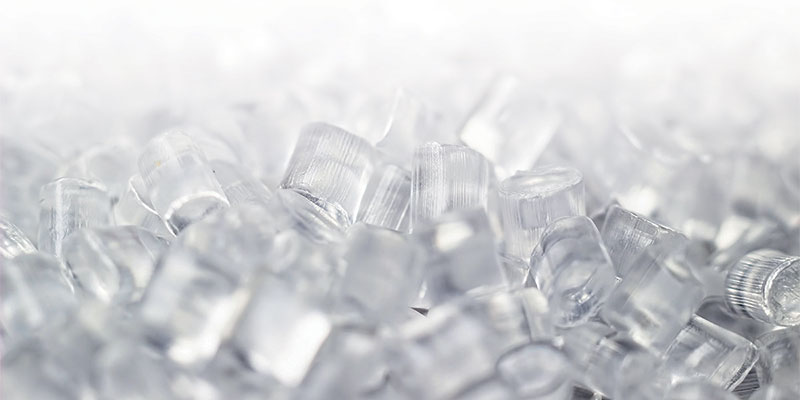
LCA Ratings: more sustainability without sacrificing quality
Aliplast follows the LCA (Life Cycle Assessment) methodology for impact assessment, following a strategy aimed at improving the environmental performance of products and providing increasingly sustainable solutions, without sacrificing quality.
The LCA methodology, internationally recognized and standardized, involves an assessment of the environmental impacts that may arise from the phases of creation, use and final disposal of products throughout their life cycle. It is a method that makes it possible to quantify the potential environmental impacts associated with a goods item, starting from the consumption of resources and CO2 emissions.
Exemplary is the comparison between Carbon Footprint values derived from the production processes of virgin plastic and those derived from recycled plastic. As regards, for example, the PET granule, the value of CO2 released into the environment for the production of 1 kg is equivalent to 0.79 kg for the recycled product and 3.03 kg for virgin plastic.
